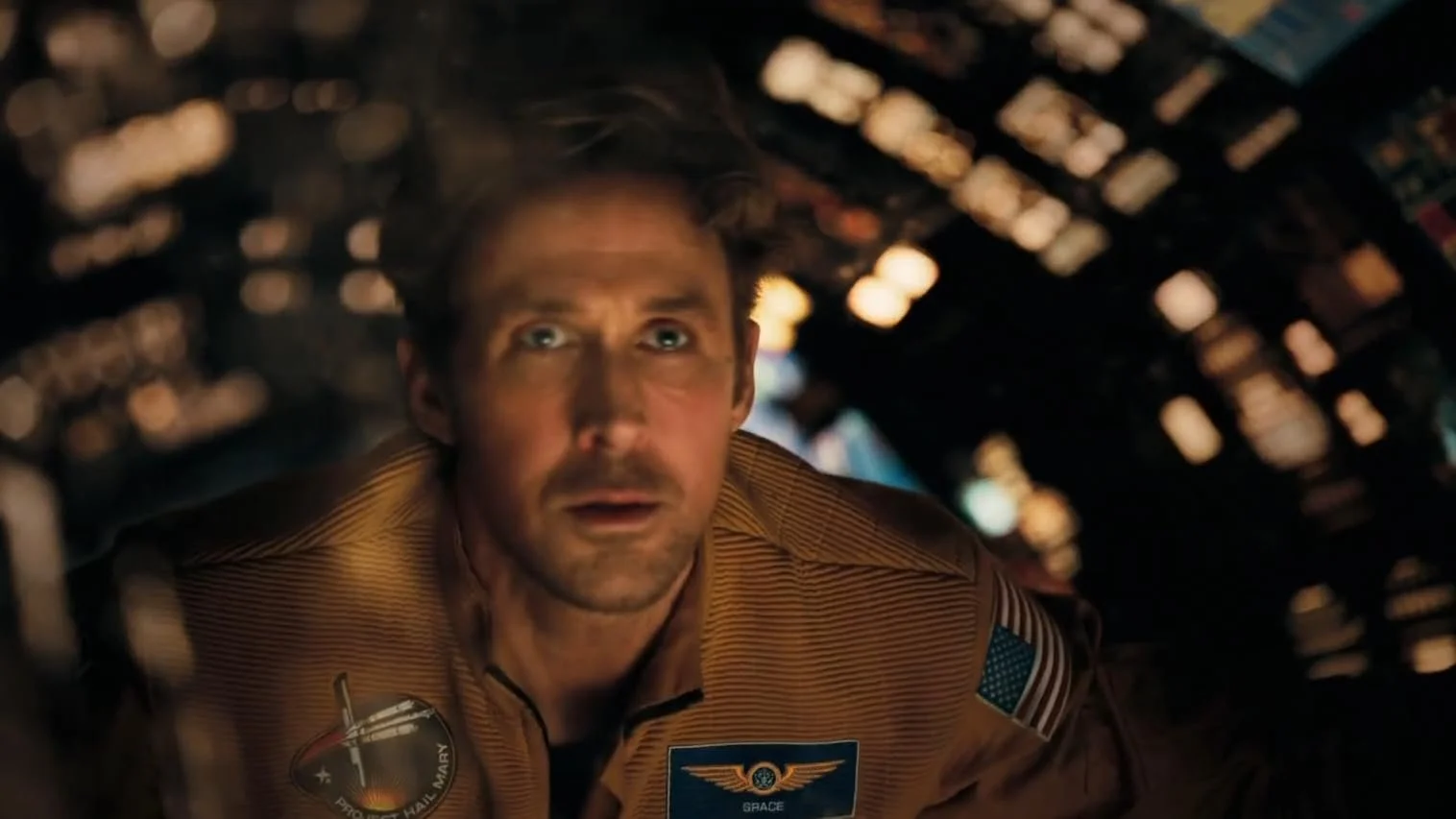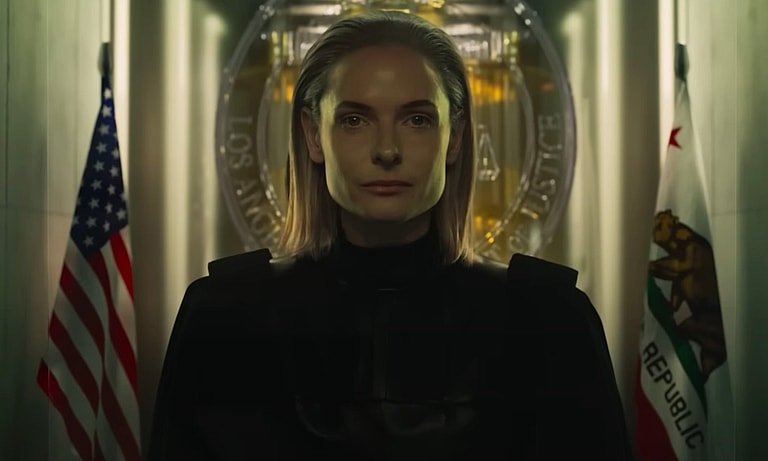Black Panther: Wakanda Forever
/As the Marvel Cinematic Universe unfolds in its Phase Four plan to reset and introduce characters, surely none of these resets resonates so much as it does for the Black Panther franchise, which faces the untimely passing of its lead, Chadwick Boseman. In light of this, the trailer opens with a cover of Bob Marley’s “No Woman, No Cry” (1974). The song acts in a sense as a direct bridge to the audience, in recognition of what everyone knows—the mantle of Black Panther must be passed in this film. It becomes as much, if not more, a tribute to Boseman as it prepares the viewer for the coming narrative.
This cover is appropriately epic and sombre, with light strings shrouded over a base of distant, thundering percussion, and plaintive single piano notes paired with pans of the sweeping Wakandan landscape. At 0:34 we witness a subtle synch point with the warriors’ spears matching the drum hits just before a brief blackout. Notice also the subtle diegetic interplay with the refrain (“everything’s gonna be alright now”) put through a low pass filter, softly matching the physicality of the underwater locale. Later the distanced mix lends a sense of foreboding as we see a scene at night with a ship that’s clearly outside Wakanda; later, soldiers with guns drawn render the song’s refrain an emotional counterpoint, intensifying as the danger grows—this transitions to Kendrick Lamar’s “Alright” (from 2015’s landmark album To Pimp a Butterfly). Here is a legitimately innovative turn that is rarely (if ever) seen in trailer music: a deft mashup arrangement that flows from one trailerized cover to the next without drawing attention to itself. Rather than a novelty, it’s a well-managed emotional turn that turns the trailer’s sombre opening to one of resolve, determination, and strength—culminating in the one line in the trailer, Angela Bassett’s thunderous line: “I am Queen of the most powerful nation in the world, and my entire family is gone. Have I not given everything?”
It only becomes clear that the song has transitioned to Lamar by the time his voice enters at 1:40, timed with the action montage—which lends a new sense of emotional heft by the anguish immediately preceding it. The nearly whispered “Wakanda Forever” is a masterstroke of sound design, defeating our expectation of a shouted rendition. The sequence itself is relatively short—timed to leave one wanting more.
Black Panther: Wakanda Forever arrives in theatres in November.
— Curtis Perry







